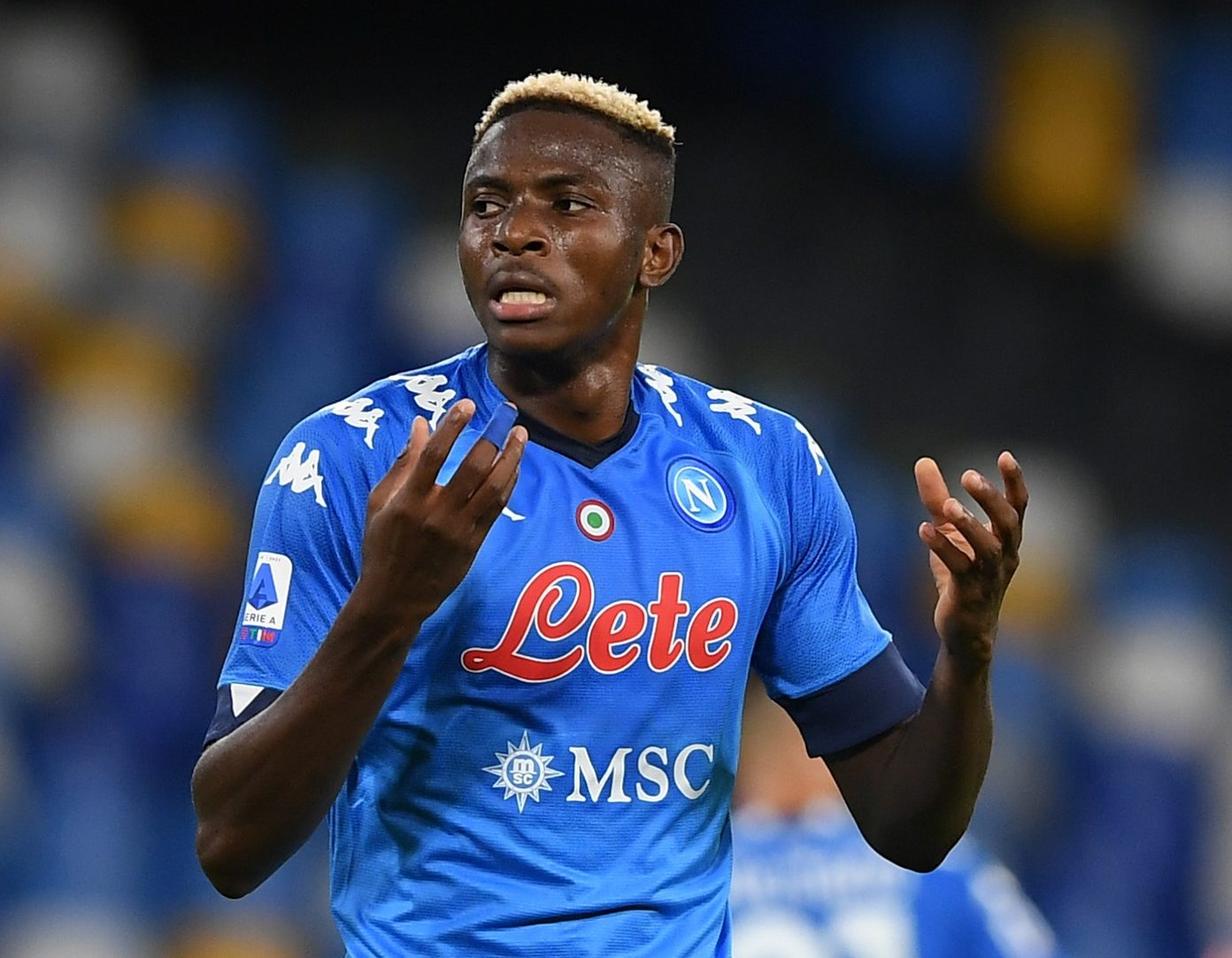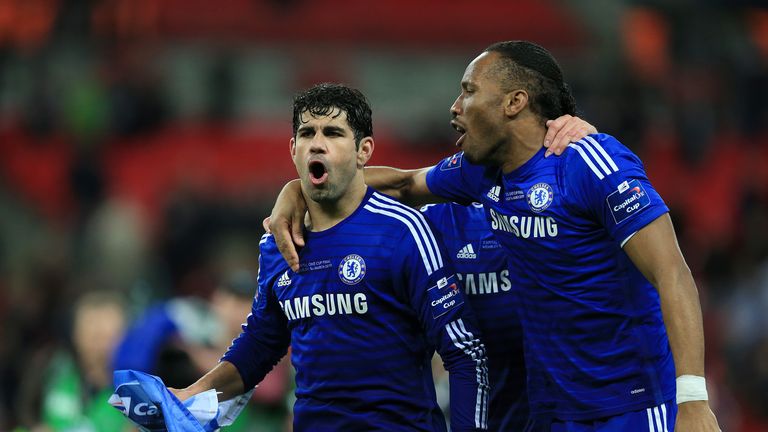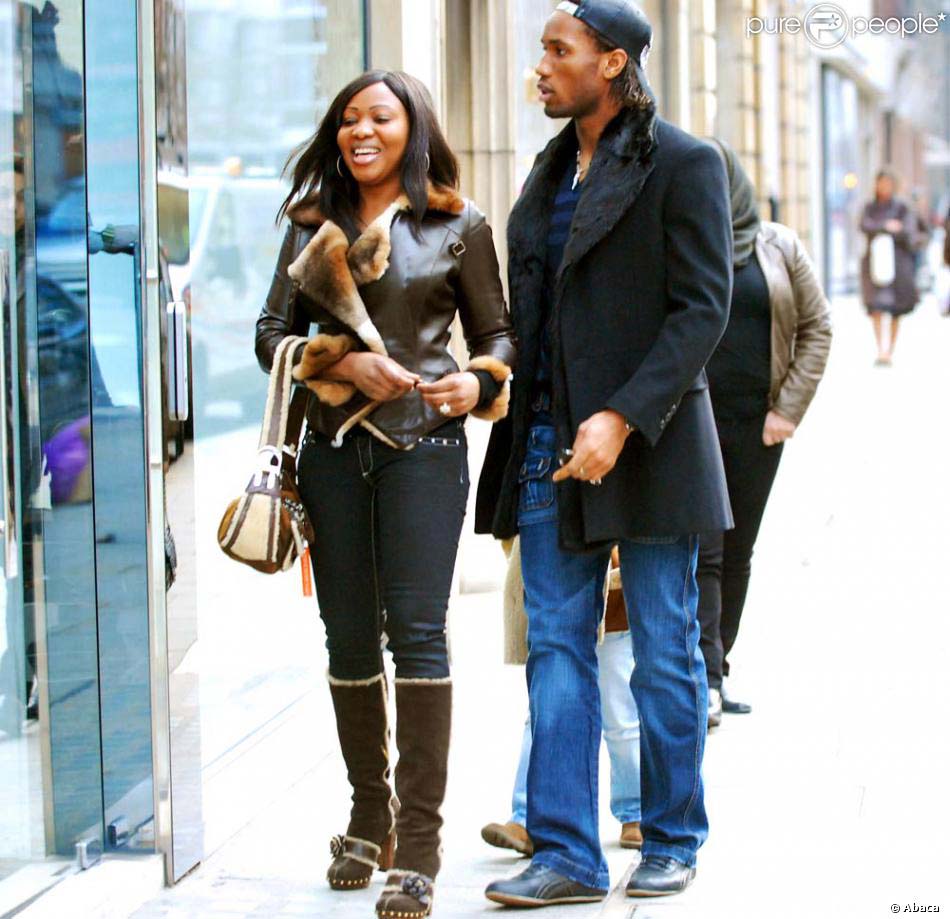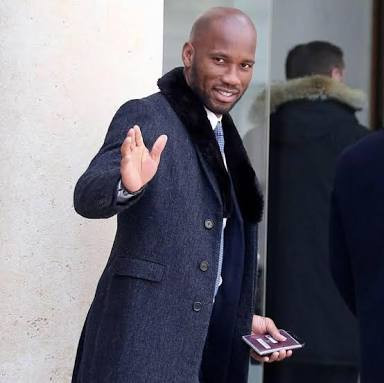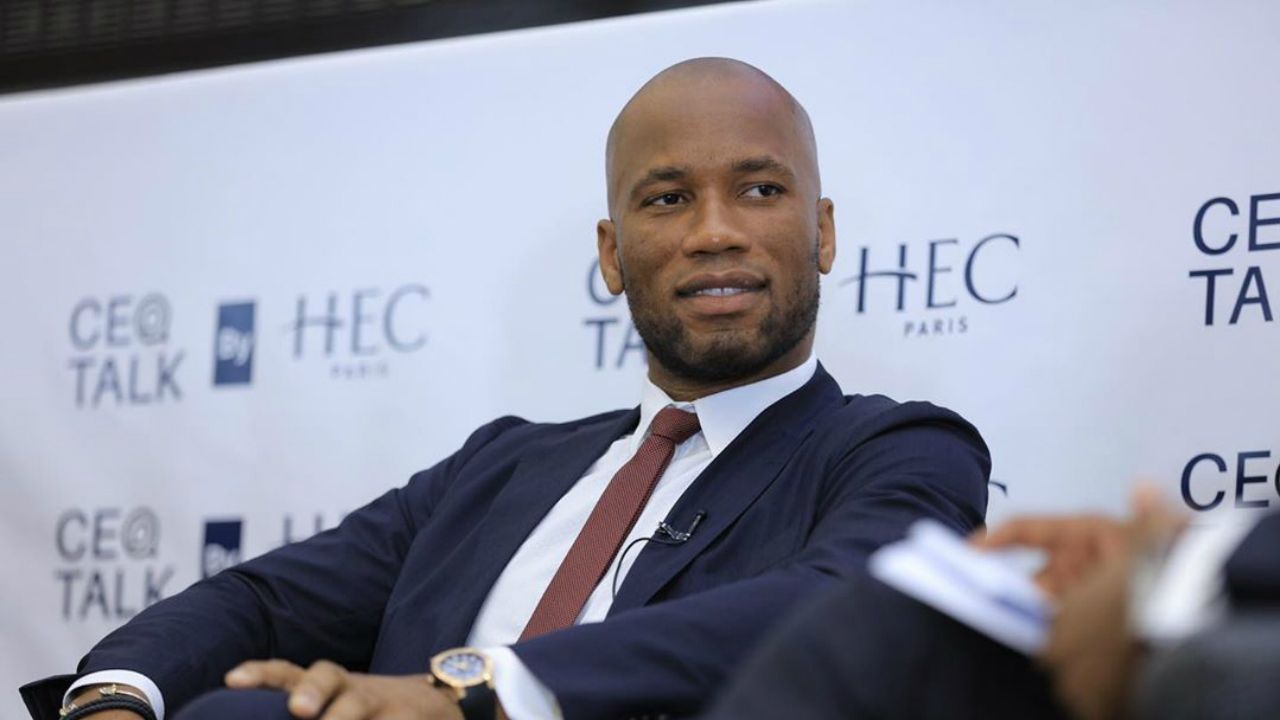News
Chelsea Legend Didier Drogba Awarded Honorary Degree
Didier Drogba has received an honorary degree in the Ivory Coast for his contribution to football in his home country as well as helping restore stability in the West African nation.

The former Chelsea star has been credited with helping bring peace to the Ivory Coast. Drogba famously helped enact a ceasefire in 2005 after securing qualification for the World Cup
The 43-year-old made a desperate plea to the combatants involved in the ugly civil war in the West African nation, inviting cameras into the Elephants’ dressing room after their crucial win over Sudan to make a passionate speech, leading to a ceasefire after five years of war.
Drogba has also thrown himself into charity work throughout his playing career, once donating his £3m signing on fee from an endorsement deal with Pepsi to build a hospital in the Ivory Coast.
He has a thriving charitable foundation and has looked to move into football administration, having made a failed bid for the Ivory Coast’s football association presidency.
Drogba’s outstanding work has now been recognised by the Réseau des Universités des Sciences et Technologies (RUSTA), and the Chelsea legend was seen beaming as he accepted his honorary degree on a proud day for the former striker.
The Ivorian has also made big strides in helping grow the game in Africa. In 2020, Drogba was awarded the UEFA President’s Award, with Aleksander Ceferin labelling the former Blues marksman a ‘pioneer’.
‘Didier is a hero to millions of football fans for his achievements throughout his glittering playing career,’ said Ceferin.
‘He is a leader – a pioneer. I will remember him as a player for his skill, strength and intelligence, but above all for his insatiable appetite to succeed – a trait which is just as present in his desire to help others off the field of play.
Drogba said on receiving the UEFA President’s Award last year: ‘There are so many children in the developing world who have the potential to become not only footballers, but also doctors, teachers and engineers.
‘This is why it is so important to help and support our youngsters to let them fulfil their dreams and aspirations.’
